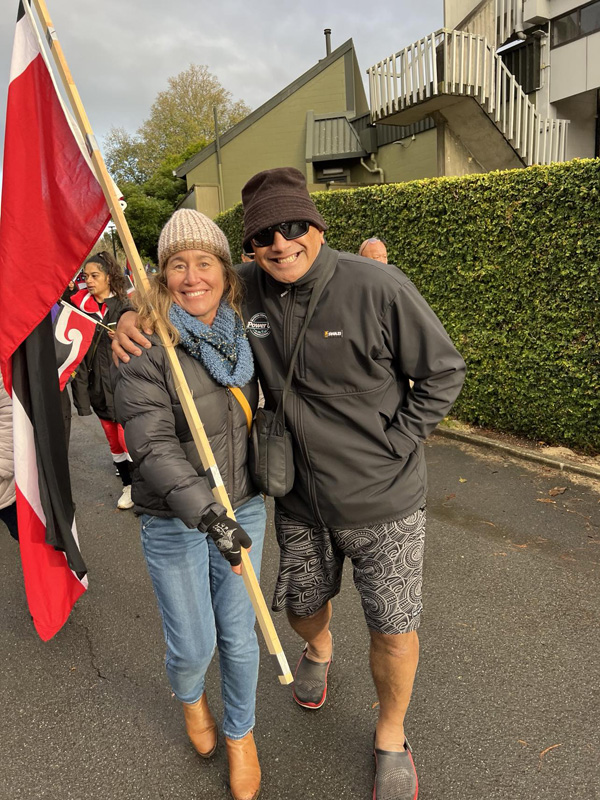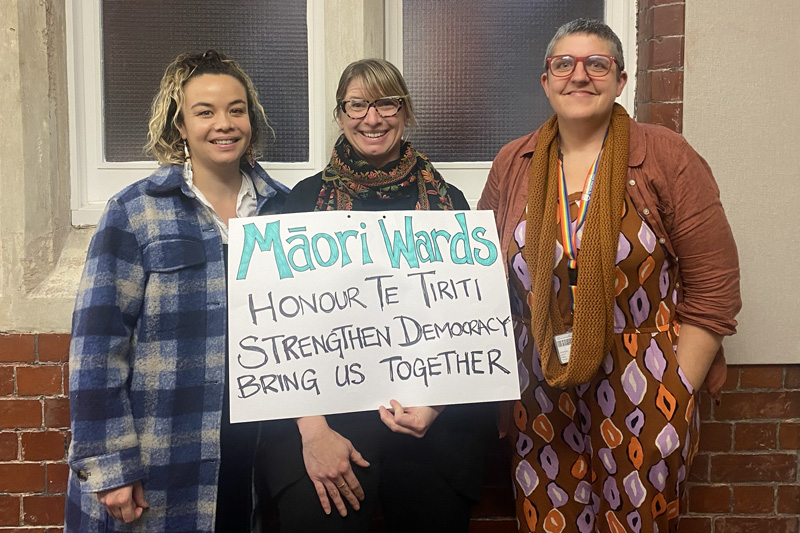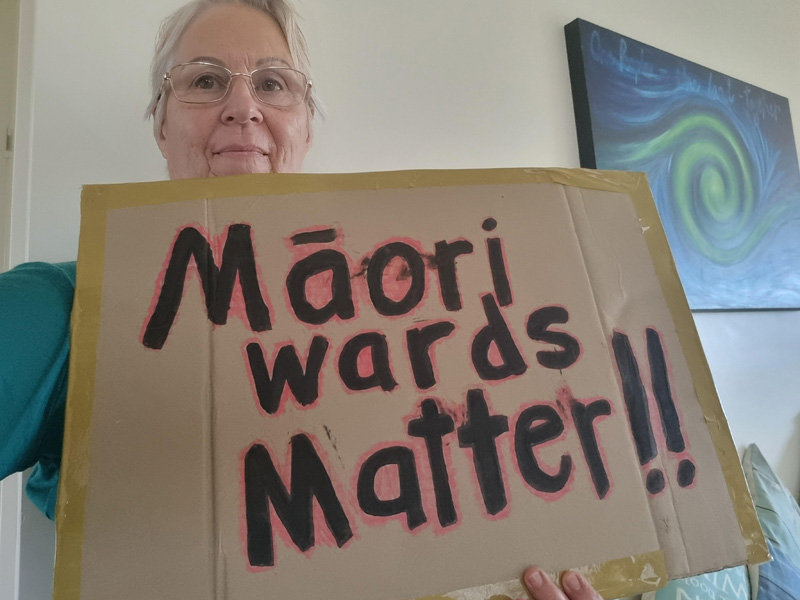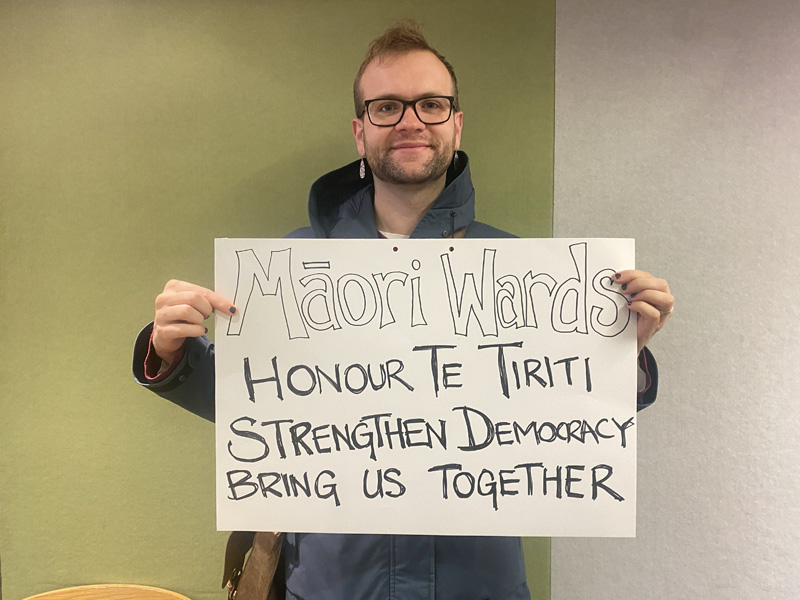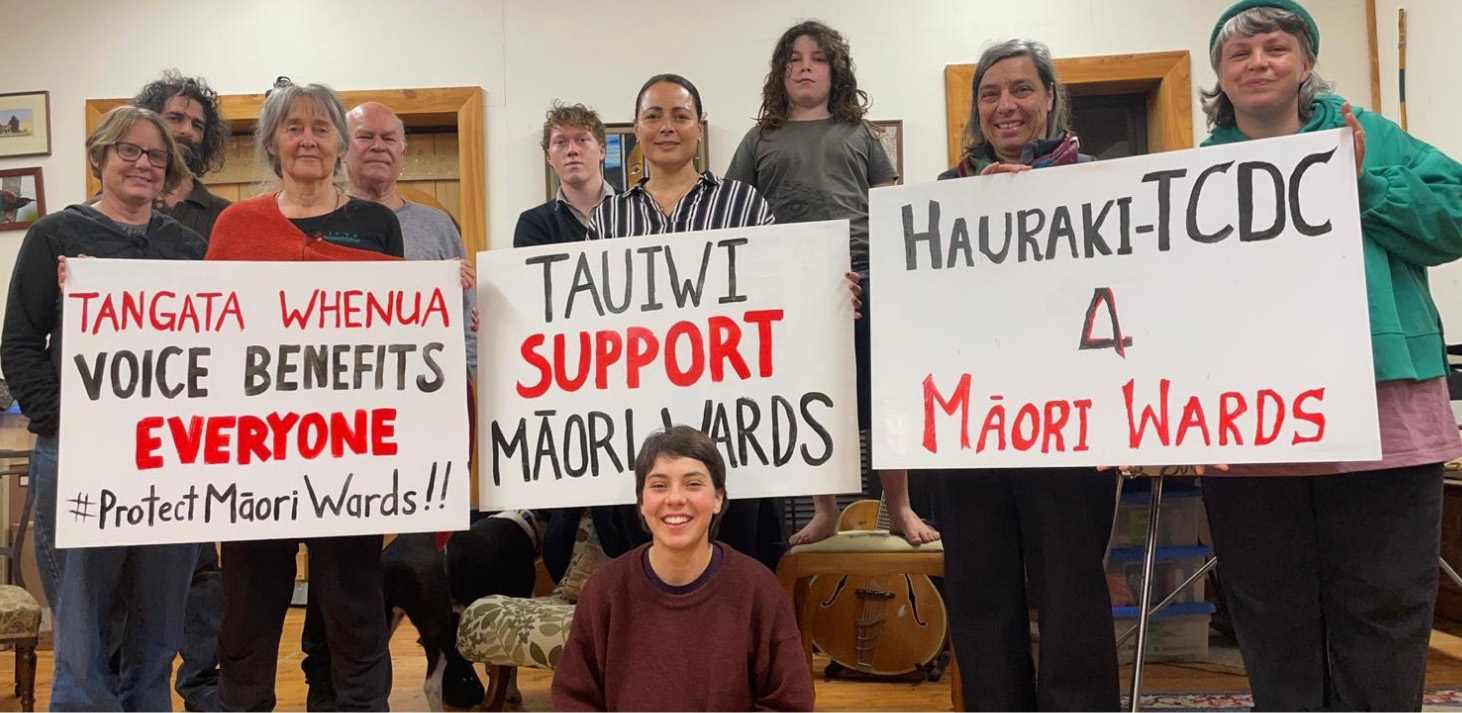Local decision-making is essential to daily life. The way our council is made up, and who we elect to represent us makes a difference
In 2021, local communities pushed for the then-Government to break down discriminatory barriers and make it easier for Māori wards to be established and strengthen local democracy.
Since the provision for referendums for Māori wards was removed Aotearoa has gone from having just three councils with Māori wards to 49 that either have them or will have them by 2025. That's a 1500% increase and covers 58% of local authorities.
Yet the Coalition Government is currently speeding through a process that will reverse this legislation.
We heard from the real-life stories of 218 local community members about their experience of Māori wards. They told us:
- Referendums or polls are a harmful and divisive tool when used on issues affecting Māori
- Māori wards have offered pathways to strengthen relationships with local iwi and hapū, and deepen engagement with Māori communities generally
- Māori wards rebalance local decision-making power in response to historical inequity and align us closer to Te Tiriti o Waitangi
- Whole communities have benefited from Māori ward councillors contributing to local decision-making
We stand behind the local communities who have already decided that these roles are a positive contribution, and call on the Coalition Government to protect Māori wards and stop the proposed changes.
